Brewing Hints: Infuse for three to four minutes in freshly boiled water
Leaf: Pekoe Fannings (Small Leaf)
Origin: East Rift KTDA Tea Estates
Characteristics: A bright, coppery coloured liquor with a very pleasant flavour
Serving Suggestions: Best drunk with milk as an all-day tea
Buy Online - £2.55 – £22.69
 Click & Collect Available From Our Store
Click & Collect Available From Our Store
Orders placed before 12:00 pm available for collection next day*
*Orders placed after 12pm Friday will be ready for Monday. View terms
Product Description
Kenyan Tea is bright, strong and flavourful and is widely used in many of the highly advertised brands. Our Kenya Pekoe Fannings Tea is sourced from East of the Rift KTDA Tea Estates which are regarded as producing the best pure indigenous tea from Kenya (Pure Kenya Tea) and are processed directly at source in their impressive array of tea factories. They are lovely teas and we’re delighted to share them with you.
Tea was first grown in Kenya from 1903 but grew in scale in the mid-1920s. This growth was caused by colonial style farms but this development was damaged in the great recessions of 1929 and 1930. In the early 1930s Kenya had about 4800 hectares growing tea but due to legislation imposed by the colonial government there, small holder expansion was forbidden.
Kenya became independent in 1962/63 and on the 20 January 1964 the KTDA (Kenya Tea Development Authority) was formed and given statute in law; “In order to promote and foster the development of tea for small-scale tea-growers” in the particular well-defined tea-growing areas of Kenya. The KTDA went on to deal with land management and farming skills, the promotion of planting tea to farmers who did already grow it, assist in providing the fertilisers, tools and tea bushes needed, the setting up of tea manufacturing facilities, to sell the made tea and to pay the growers for it. This all required significant managerial infrastructure and the people involved were able to use the technology available to them in the 1960s and learn efficiently, quickly and effectively from 300 years of Indian and 200 years of Sri Lankan tea growing expertise. As one could imagine tea expanded rapidly in Kenya.
In June 2000, after its privatisation the Kenya Tea Development Authority became the Kenya Tea Development Agency and is now a publically listed holding company consisting of seven subsidiaries. Which covers every aspect of tea from micro-finance to individual farmers, provision of hydro-electric power for their tea factories, insurance services, warehousing, blending, packing (for both internal markets and export), iced-tea and bottled water. Finally the KTDA Foundation which is a non-profit company that champions the corporate social responsibility of the group.
Cumulative production throughout 2014 of Kenyan tea was 445,104 tonnes (an increase of 2.93% from 2013 production levels), of which the UK bought 65,462 tonnes (source: International Tea Committee). The KTDA currently runs 66 tea making factories with over 560,000 small holder tea farmers covering approximately 130,000 hectares across 17 counties with tea. The KTDA also two tea operations in Rwanda.
Each of the tea factories are run by Boards of Directors elected by the farmers within the catchment area of the factory and these Boards micro-manage to an individual level as any normal factory would be run (these duties include recruitment, payment, maintenance, accounting etc). The KTDA today produces about 60% of Kenyan tea and are Africa’s largest exporter of CTC (small leaf tea) as well as promoting the manufacture and sale of orthodox (large leaf) green, black and white tea’s.
We buy from many KTDA estates, which is why we cannot state an estate name in the origins below. Some of our favourite estates over the years have been, Kinoro, Kagwe, Rukuriri, Githambo, Imenti and Kiegoi. The Rift Valley which runs North to South in Kenya means that its eastern and western sides have different soil types, producing different characteristics in the tea. We have tended over the year to favour the Eastern but I was always taught by my Father that East Rift teas have a brisker flavour than West Rift ones. This applies less today than it did 25 years ago due to standardisation within all of the Kenya factories and technological improvements in farming.
Kenyan Tea is known for its excellent colour, brisk flavour and is used widely by pretty much every UK tea bag manufacturer in the production of their better quality blends. The British public have taken this flavour and its glorious brightness very much to heart and as a nation we remain as one of Kenya’s biggest customers. We taste the myriad samples of Kenya tea samples and are certain that our selection of Kenyan Tea Estates each year and ensures we can provide you with a clean crisp-tasting highly enjoyable tea that can be drunk every day throughout the day.
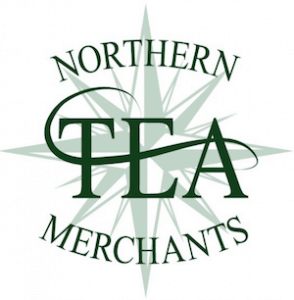
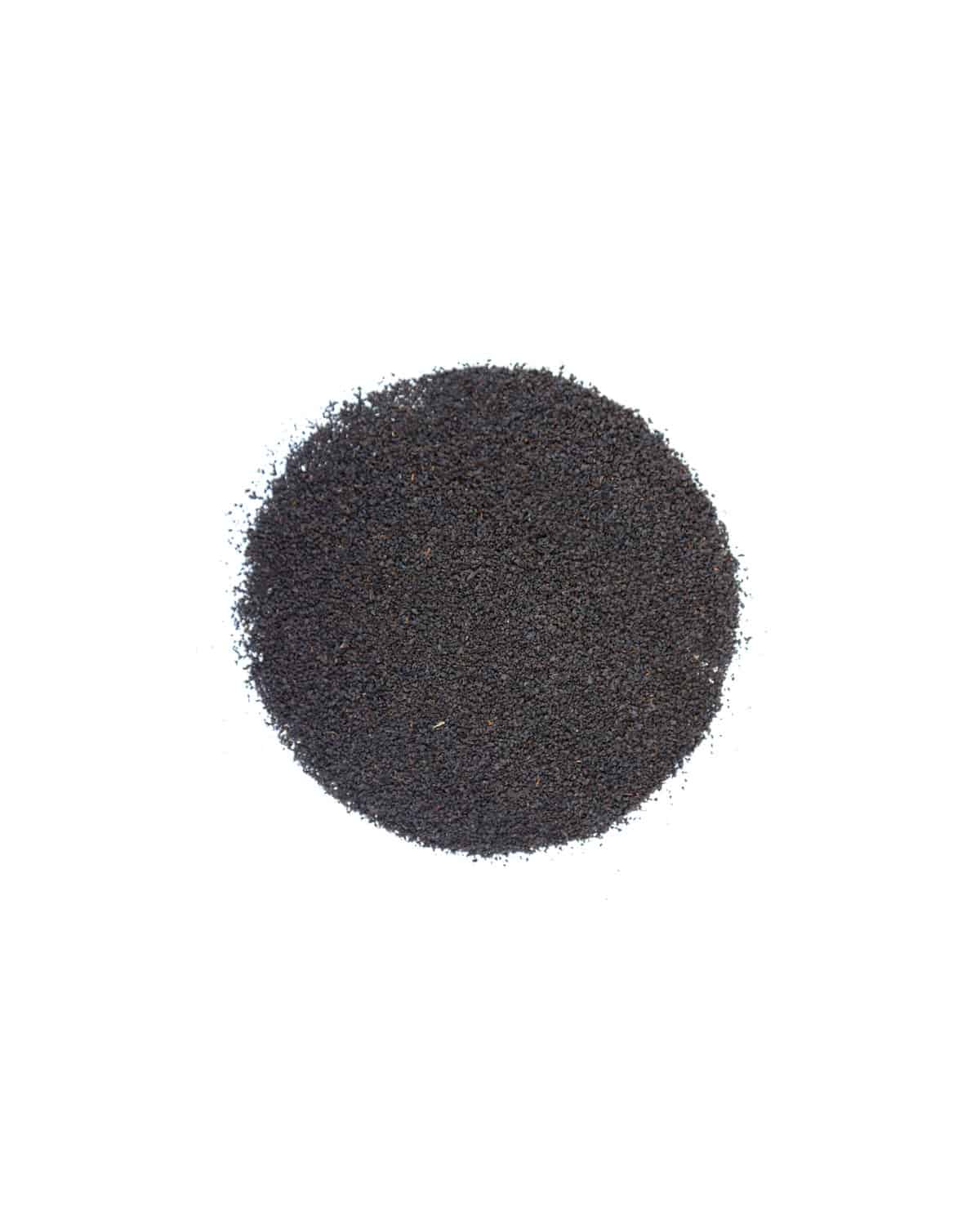
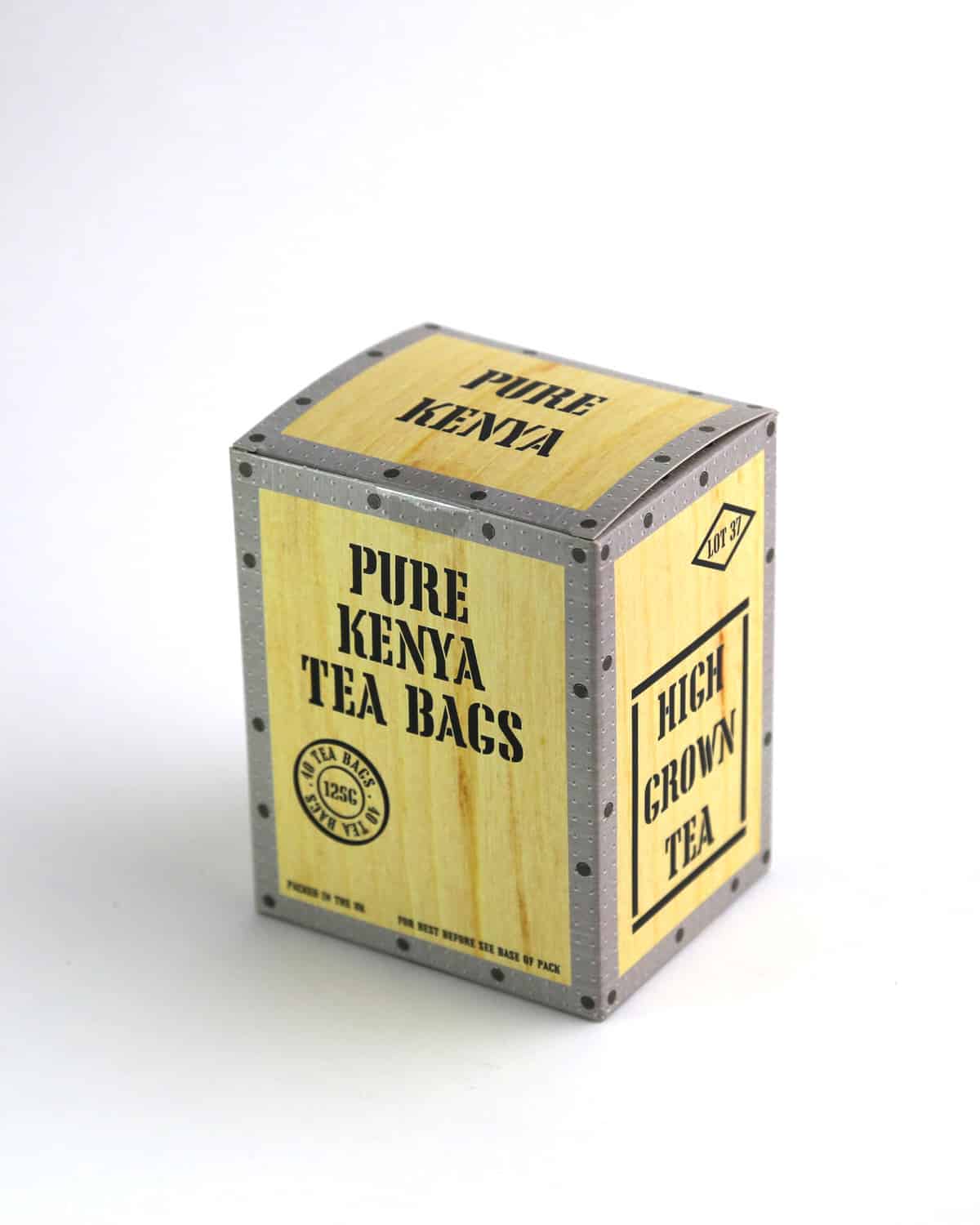
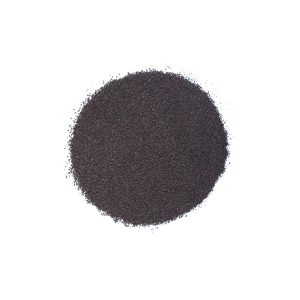
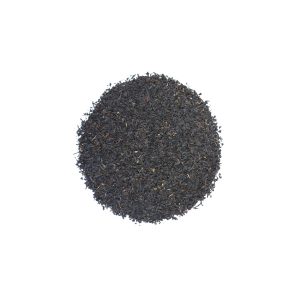
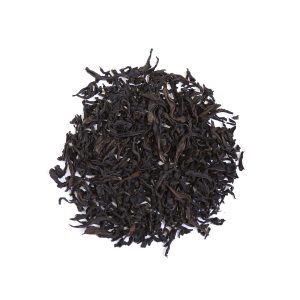
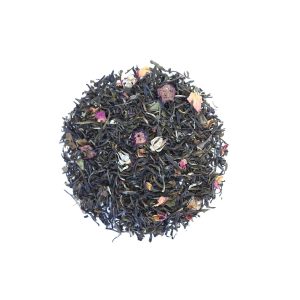
Reviews
There are no reviews yet.